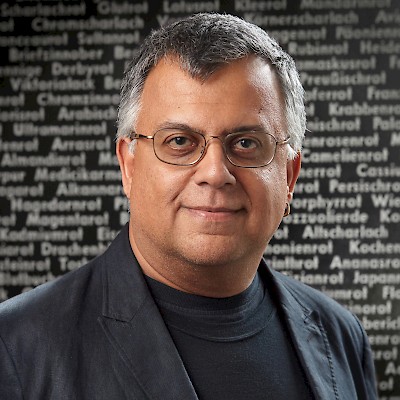Ciraj Rassool (Ph.D) is professor of history and director of the African Programme in Museum and Heritage Studies at the University of the Western Cape. He has served on the boards of the District Six Museum and Iziko Museums of South Africa. Among his co-authored and co-edited books are »Recalling Community in Cape Town: Creating and Curating the District Six Museum« (2001), »Museum Frictions: Public Cultures/Global Transformations« (2006) and »The Politics of Heritage in Africa: Economies, Histories, and Infrastructures« (2015). His research for »Skeletons in the Cupboard: South African museums and the trade in human remains, 1907–1917« (2000) led to the repatriation of the remains of Klaas and Trooi Pienaar from Vienna and their reburial at Kuruman, South Africa in 2012. His collaborative project on the South African empire was published as a special issue of the »Journal of Southern African Studies« in 2015.
Reimagining lives and rethinking biography in South Africa
My study about making and contesting the political biography (of I.B Tabata), premised on concepts of biographical relations and biographical production, will move beyond narrow debates about the individual and social forces and the limited value of methodological individualism. It will also show how nationalism and resistance history can be understood outside masculinist and modernist frames by breaching the boundary between the public and the private, and the personal and the political. This project shows how biography was mobilised to show the expression of individuality and personhood through writing and authorship and through portraiture, even where these had been denied through a commitment to the politics of the collective and underground mobilisation. It also shows it might be possible to represent lives of racialised subjects (such as /Khanako and Klass and Trooi Pienaar) as those of modern persons caught up in colonial processes that may not have been so successful in turning them into generic types. It will consider how repressive biographic representations, such as the portraiture of physical anthropology, may possibly be reclaimed and reordered for biographical purposes. In thinking about the biography of the corpse, I consider the ambiguities of the dead body, as person and thing. These questions form a single project about re-imagining lives and rethinking biography in South Africa.
